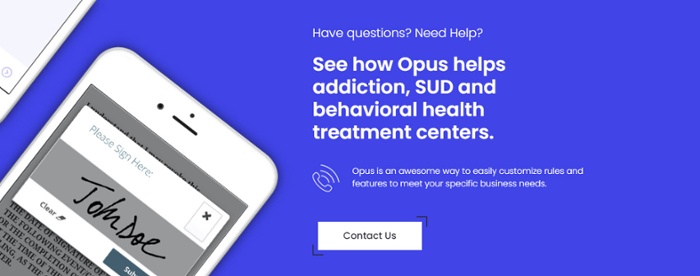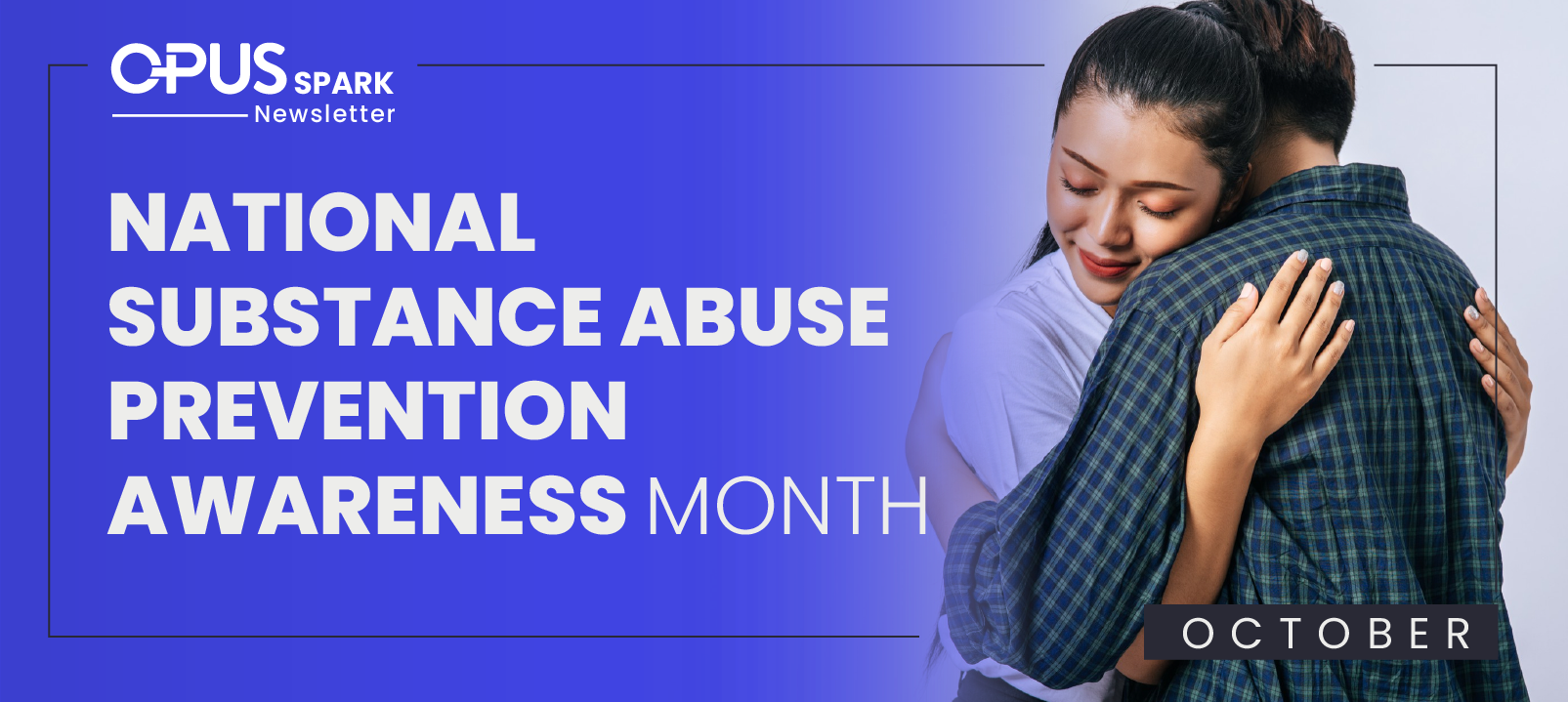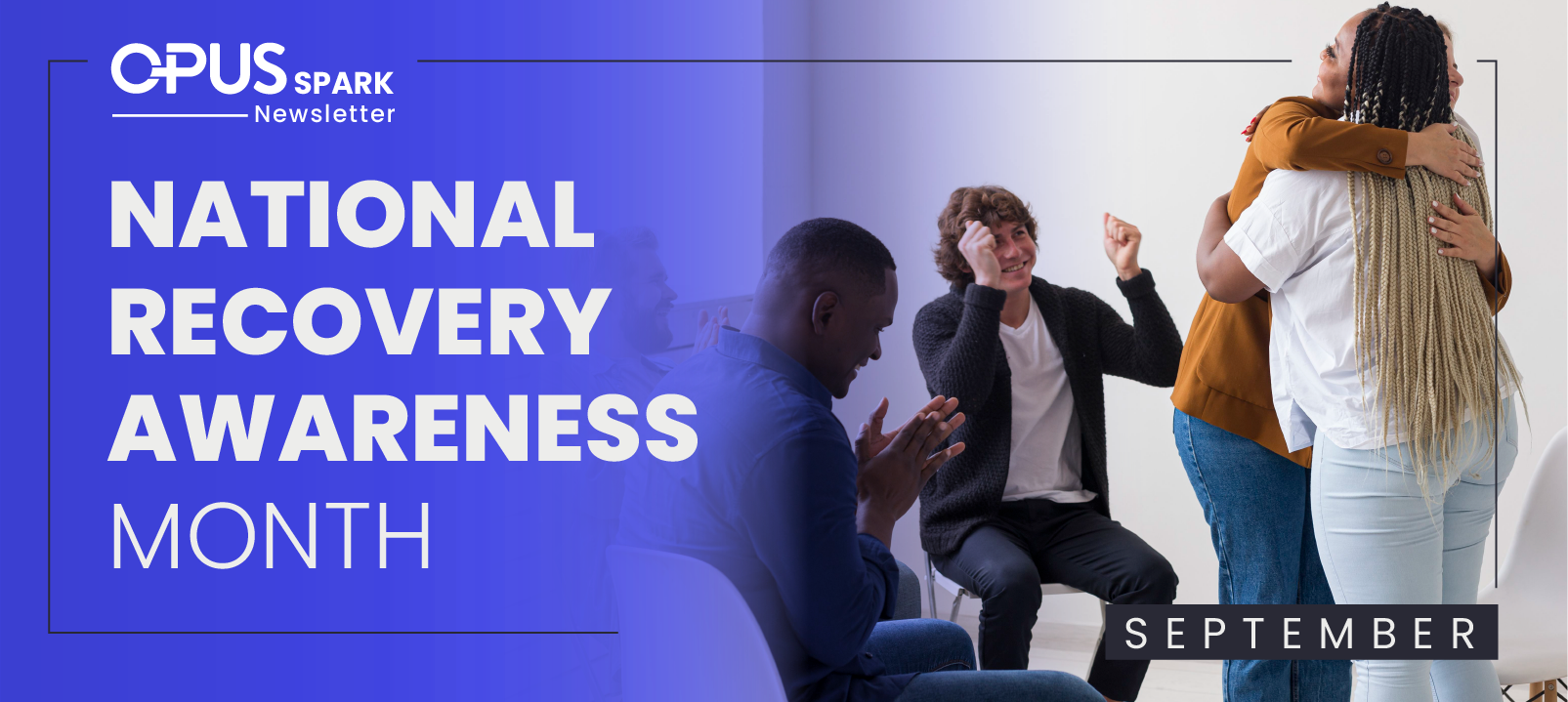Reducing Patient Stress & Anxiety: 5 Tips for an A+ Back to School Routine
Going back to school can be a very stressful time for students and parents—especially now living through the pandemic and having to return to in-person coursework for the first time in months. On the top of the clinician's list of reasons why many kids and teens (and their parents) are experiencing increased stress and anxiety is lack of sleep.
The solution for easing back into the school year grind is simple: go to sleep.
By curating the perfect bedtime routine, students gain a sense of control and give themselves a great start to smoothing the transition from late summer nights to busy early mornings.
This advice isn’t only for students, parents can benefit as well. We are a population affected by chronic sleep deprivation and this is not something to be celebrated.
Sleep hygiene should be held to the same health standard as brushing our teeth but many of us are squeezing from an empty tube of Colgate. The harmful impact of lack of sleep on both mental and physical health is stifling.
According to a new study in the Centers for Disease Control and Prevention’s (CDC), over one-third of all Americans receive less than the recommended seven hours of sleep per night and as we know, our growing kids need to clock even more.
Obesity, type II diabetes, depression, stroke, heart disease – is anyone volunteering to increase their risk of these health problems and many more? Does anyone want to see their child at an increased risk of depression, mood disorders, or decreased immune function?
Of course not! It is time to take our sleep issues seriously.
5 Tips for Clinicians to Follow to Ease Clients into the School Year
Take note clinicians and therapists: Follow these 5 recommendations for the best chance at easing your kids, teens, and their parents, back into the school year on a positive, and more importantly, well-rested note.
#1 Turn off the electronics.
Yes! Turn off the electronics - all of them! Let the only screen you look at be the back of your eyelids. Turn off The Voice and tell Kelly Clarkson that you need to “take a chance, make a change, and breakaway.”
Silence your phone or better yet, just turn it off. Fold your Chromebook like the beach chair you put away for next season. This small change can make a drastic impact. Bright lights prevent the body from creating Melatonin, the body’s very own natural sleep-inducing hormone.
The health benefits are worth it. A dark environment promotes increased production of Melatonin, and thus, sleep. If you are exposing yourself to bright lights close to bedtime, you are interfering with the production of this important chemical messenger. Just let nature be nature and let Melatonin mellow you out.
For optimal results, turn off electronics and anything that emits bright light one to two hours before bedtime.
#2 Turn on the tunes with some white noise.
Noise might sound counterintuitive when it comes to sleep but white noise can help distract racing thoughts and calm the mind. White noise produces varying frequencies of sound stacked together to create a constant hum.
While falling asleep with the television on is not recommended (see tip #1), soft music or white noise can help quiet the to-do list sounding off in your mind. The best part about white noise is that there is no need to spend money on expensive gadgets to satisfy your need for shut-eye. YouTube has a great variety of free options.
If you’re like Virginia and “only sleep when it’s raining,” try Thunderstorm Sounds for Relaxing Deep Sleep: White Noise. If the thought of a thunderstorm has you running for your Thunder-buddy, Ted; Lullaby station is not beneath you.
#3 Limit fluids before bed.
If you are like me, caffeine is not just a morning ritual but a way of life. Unfortunately, this way of life isn’t the way when it comes to establishing a sound sleep routine. Caffeine is a definite no-no before bed but any fluids, even water, can cause unwelcomed evening awakenings. There is no silencing the alarm on a full bladder.
Waking up multiple times throughout the night to void is known as nocturia. If increased fluid intake has you tiptoeing to the bathroom at night, you are disrupting your sleep cycle and increasing your chances for morning fatigue. Antidiuretic hormone (ADH) is produced by the hypothalamus and released by the posterior pituitary.
ADH has the important job of regulating the amount of water in our blood and does so by telling our kidneys to hold onto water or release it through urine. Interestingly, ADH is released during the rapid eye movement (REM) phase of sleep, the phase that impacts learning, memory, and mood. The release of ADH tells the kidney to conserve water, prevents us from needing to urinate, and thereby allows us to sleep through the night.
Increasing fluid intake before bed, or not reaching the REM phase of sleep can decrease the amount of ADH produced, signaling our brain to take a potty break when we should be fast asleep. Limit fluid intake two to three hours prior to hitting the pillow and give the counting sheep a fighting chance.
#4 Create a relaxing bedtime routine.While it might be tempting to fall asleep on the couch, this is not the bedtime routine sleep experts have in mind for us. Instead, consider engaging in an unplugged hobby.
- Give that nightly skin routine the time it deserves.
- Do some quiet meditation or stretching.
- Get past the introduction of that bestseller you bought a month ago.
- Take up knitting.
Create a calming environment and choose activities that encourage relaxation. One or two hours before bed, start winding down from the day. Don’t be shy, appeal to the senses. Infuse some lavender aromatherapy into the air and let the stress of the day see itself out.
#5 Be consistent.Dad was right. Consistency is key, in almost all aspects of life, but especially when it comes to establishing good sleep hygiene. It won’t be easy at first but be motivated by the good you are doing for your body and brain.
If possible, try to go to bed and wake up around the same time each day. While the data is unclear, some say it takes 21 days to form a habit, so don’t hit snooze on these recommendations. You wouldn’t skimp on your morning deodorant, so stop skimping on your sleep hygiene routine. Sleep well to live well.
Clinical Reflection: Outcome Measurement and Assessment
How do you measure patient outcomes? Are you looking for a way to customize the metrics that matter to improve treatment success?
When reflecting, there are a few key things to consider:
- Make time to reflect.
- Value the benefits it may bring to your practice and treating patients better.
- Write and track your progress notes in your EHR.
- Measure and assess the patients progress with a proven outcome measurements tool
You can start by asking yourself these 2 questions:
- How likely are we as clinical providers to discuss the importance of sleep hygiene when patients present with a concurrent complaint of insomnia or disordered sleep? It is near impossible to control a patient’s anxiety, depression, or bipolar disorder if they are not able to sleep through the night.
- When a mother reports increased outbursts in her child diagnosed with attention deficit hyperactivity disorder, are we taking into consideration how many hours of sleep he is averaging a night?
After ruling out medical causes of sleep disturbance like obstructive sleep apnea or seizure activity, we can provide patients tools for success as an adjunct to medical management.
Use of patient‐reported outcomes is an essential aspect for improving clinical care. It starts by quantifying patient progress and visualizing the results.
Register for the Free Webinar: Treating Patients Better with Outcome Measurement
In this 30-minute session, we'll show you how to:
- Collect patient feedback in real-time
- Monitor patient progress on a global dashboard
- Evaluate the quality of services and adjust treatment plans
- Prevent a crisis before it happens
- Customize your own metrics to improve patient outcomes
Getting Started: Implement Just One of These Tips
Before signing that prescription for Ambien, consider sharing the above tips with your sleepy patients. Providers need sleep too! Implement just one of these tips into your own lifestyle routine or be the overachiever that you are and try them all.
Maybe you have mastered sleep hygiene for you and your family. Maybe you see benefits from specific recommendations with your own patient population. If so, share your best tips for sleep success below.
Have Questions? Opus EHR is Here to Help








